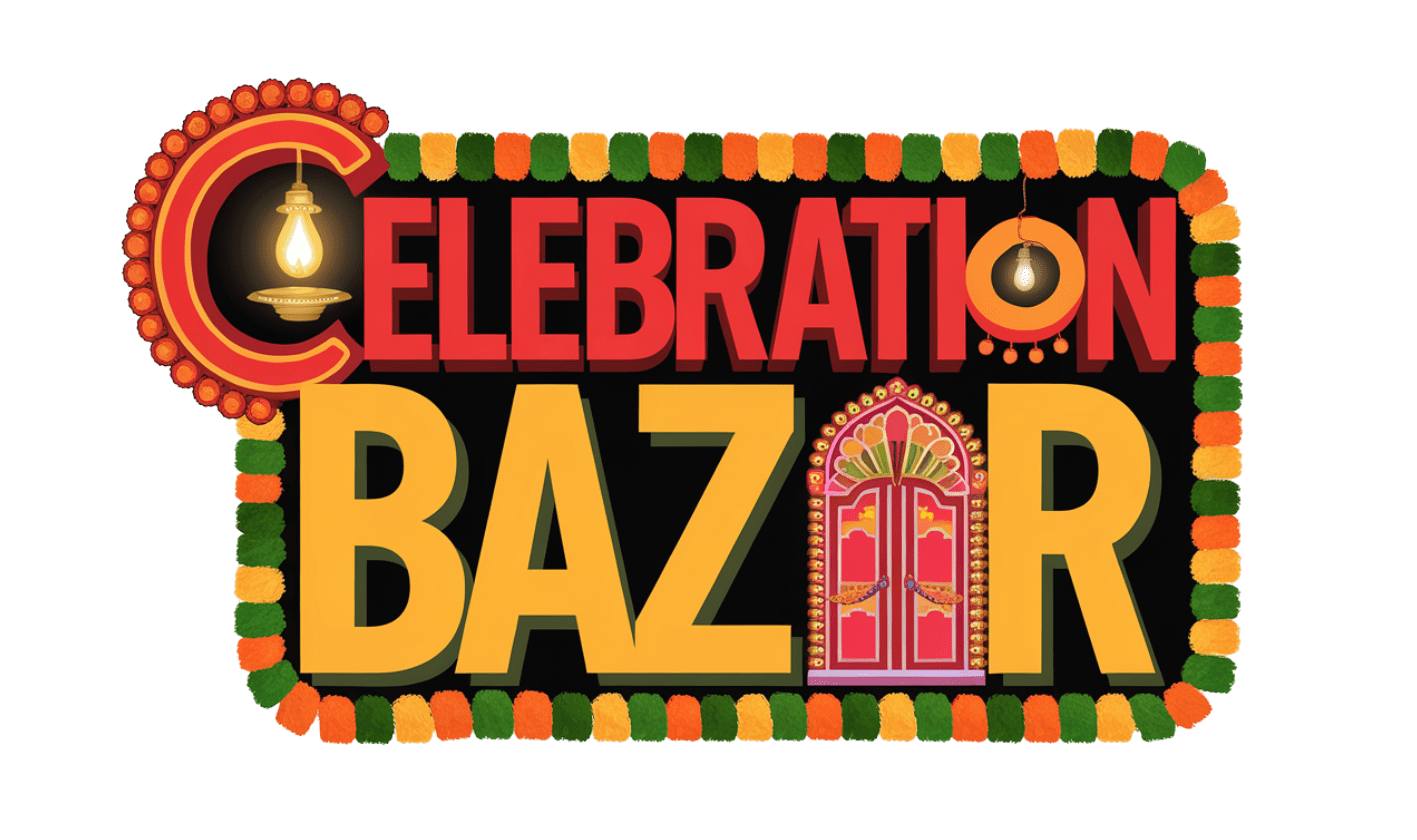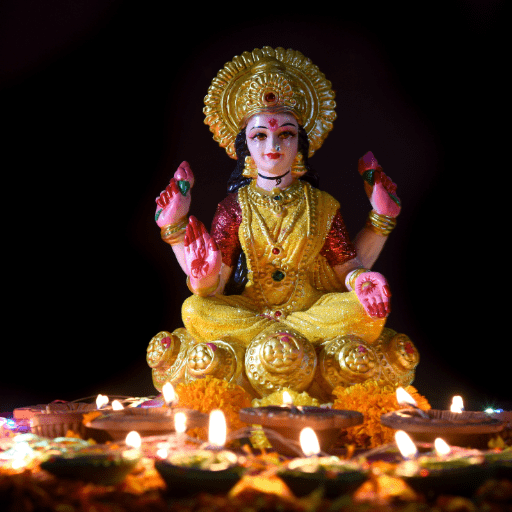Diwali, also known as the Festival of Lights, is one of the most significant and widely celebrated festivals in India. It holds great cultural, spiritual, and religious importance for Hindus, Sikhs, Jains, and Buddhists alike. The festival marks the triumph of good over evil, light over darkness, and knowledge over ignorance. Celebrated with grandeur and joy, Diwali brings together families, communities, and friends for a time of reflection, feasting, and festivity.
The Significance of Diwali
Diwali is celebrated on the 15th day of the dark fortnight of the month of Ashvin in the Hindu lunar calendar, which typically falls in October or November. The festival signifies various religious and mythological stories, the most popular being the return of Lord Rama to his kingdom, Ayodhya, after 14 years of exile. It is said that the people of Ayodhya welcomed Rama with rows of oil lamps (diyas), symbolizing the victory of light over darkness. The lighting of diyas and fireworks during Diwali is a way of commemorating this return and the vanquishing of the demon king Ravana.
In addition to the story of Lord Rama, Diwali also marks the day when Lord Krishna defeated the demon Narakasura and freed the world from his tyranny. For Sikhs, Diwali has a special significance as it marks the release of Guru Hargobind Ji from imprisonment. For Jains, Diwali marks the nirvana (liberation) of Lord Mahavira.
The Rituals of Diwali
Diwali is not just a day of celebration but a series of rituals and ceremonies that vary across regions and communities. Some of the common Diwali rituals include:
- Cleaning and Decorating Homes: Leading up to Diwali, families clean and redecorate their homes. It is believed that Goddess Lakshmi, the goddess of wealth and prosperity, visits clean and well-decorated homes on Diwali night. People often decorate their homes with rangolis (colorful patterns), flowers, and lights, creating a vibrant and festive atmosphere.
- Worshipping Goddess Lakshmi: On Diwali night, families gather to offer prayers to Goddess Lakshmi, seeking her blessings for wealth, prosperity, and happiness in the coming year. The prayers usually involve lighting diyas, offering sweets, and reciting mantras to honor the goddess.
- Lighting Diyas and Fireworks: One of the most iconic elements of Diwali is the lighting of oil lamps (diyas) and fireworks. Diyas are placed around homes, on balconies, and along windowsills to welcome the goddess of wealth and light up the surroundings. Fireworks and crackers, though controversial due to their environmental impact, are a common tradition for many families to celebrate the triumph of good over evil.
- Exchanging Gifts and Sweets: Diwali is a time for gifting and sharing happiness. Families exchange gifts such as sweets, clothing, and other items as a gesture of goodwill. It is also common for friends and relatives to visit each other’s homes and share in the celebrations.
- New Clothes and Feasts: Diwali is a time for new beginnings, and wearing new clothes is a significant part of the celebration. It’s believed that wearing new clothes symbolizes a fresh start and invites good fortune. Feasts with an array of traditional sweets, snacks, and meals are enjoyed by all, with families coming together to share their favorite dishes.
The Spiritual Aspect of Diwali
Beyond the celebrations, Diwali also holds deep spiritual significance. It is a time to reflect on one’s life, eliminate negativity, and embrace positivity. Diwali is seen as a time for personal growth, new beginnings, and a deeper connection with one’s spiritual self. The lighting of diyas symbolizes the inner light that dispels the darkness of ignorance and materialism.
- Victory of Light Over Darkness: Diwali serves as a reminder that light (knowledge, truth, and goodness) will always triumph over darkness (ignorance, evil, and falsehood). People come together during this time to embrace positive values, nurture relationships, and promote peace and harmony.
- New Beginnings: Diwali is often regarded as a time to start fresh. It’s a time to let go of past grievances, forgive others, and make a renewed commitment to love, kindness, and compassion. Many people also start new ventures, buy new property, or make significant investments, believing that the Goddess of Wealth will bless their endeavors.
Diwali Across India
Diwali is celebrated differently across various regions of India, with each state adding its unique flavor to the festival.
- In North India: Diwali is predominantly linked to the return of Lord Rama to Ayodhya. People celebrate with grand processions, fairs, and by lighting diyas in their homes. The famous Ram Leela performances are held in many parts of North India, depicting the life and struggles of Lord Rama.
- In Gujarat: Diwali marks the beginning of the new financial year for many Gujarati families. The day is celebrated with prayers, family gatherings, and the exchange of sweets. Dhanteras, the day before Diwali, is considered particularly auspicious for buying new items like gold and silver.
- In Maharashtra: Diwali is celebrated with much fervor, and Govinda (dahi handi) festivities often coincide with Diwali celebrations. Families perform Lakshmi Puja to invite wealth and prosperity for the year ahead.
- In Tamil Nadu: Diwali is celebrated by honoring Lord Krishna’s victory over Narakasura. People wake up early in the morning to take an oil bath, wear new clothes, and visit temples. The day is celebrated with great enthusiasm, and sweets like Laddu and Murukku are prepared.
Modern Celebrations of Diwali
While Diwali traditions have remained largely unchanged, the way it’s celebrated has evolved in recent years. With the growing use of online platforms, many people now send Diwali gifts, sweets, and even virtual wishes to friends and family around the world. Social media has also played a big role in spreading Diwali cheer, with millions of people sharing pictures and festive messages, making the festival more global.
Diwali sales, particularly in the e-commerce space, have become a huge event in India. Retailers and online platforms offer significant discounts on everything from electronics to fashion, making Diwali a time for great shopping sprees.
Conclusion
Diwali is a festival that brings people together in celebration and reflection. It’s a time to cleanse your life of negativity, share love with those around you, and invite prosperity into your home. Whether through the lighting of diyas, the bursting of fireworks, or the exchange of gifts, Diwali continues to be a source of joy and inspiration for millions.
As you celebrate this festival of lights, take a moment to appreciate the values that Diwali represents: the triumph of good over evil, the importance of light in our lives, and the deep connections we share with our loved ones. Let this Diwali bring happiness, success, and prosperity to you and your family.

